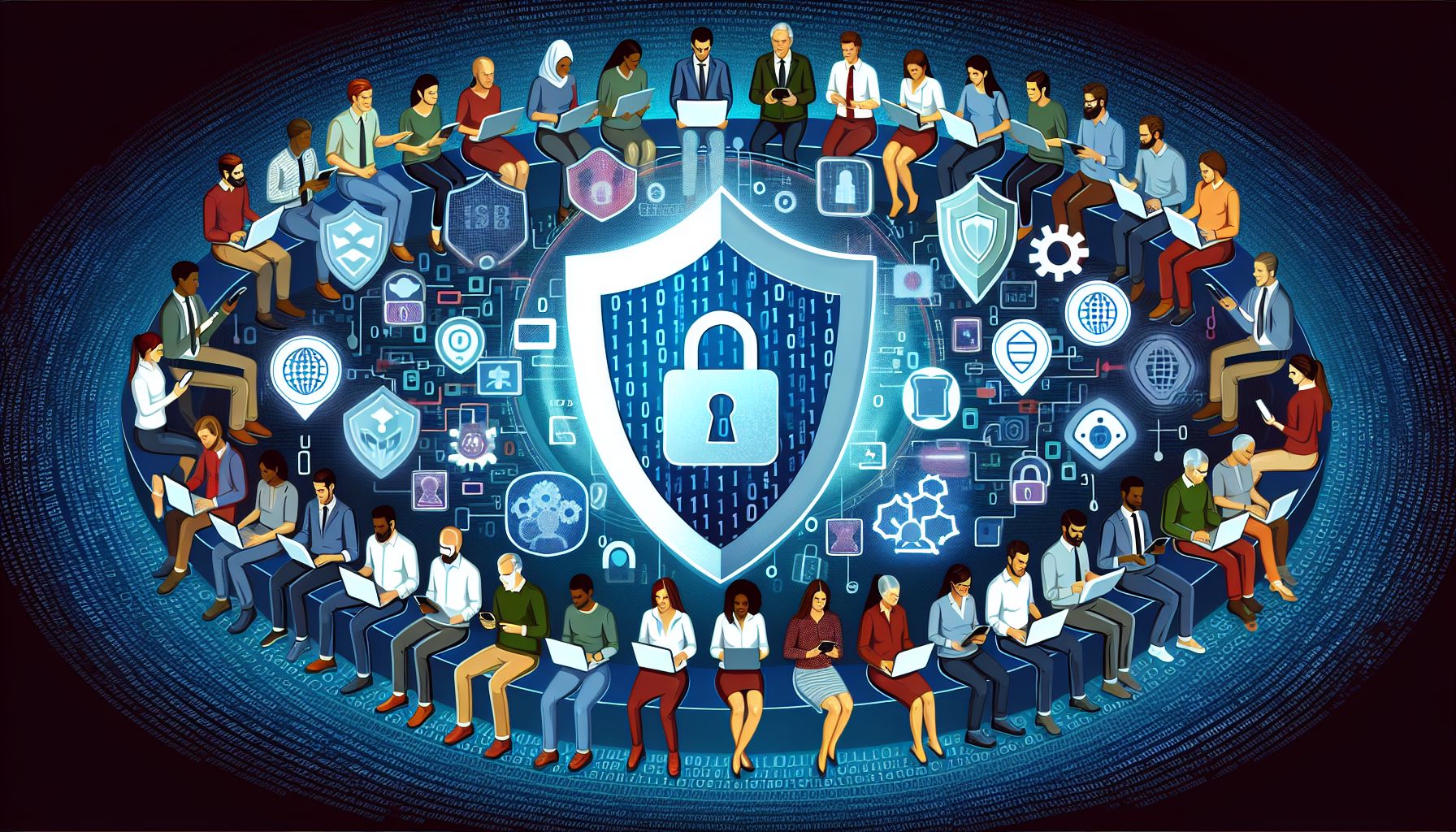In today’s rapidly evolving digital landscape, cyber security has become a critical issue for businesses and individuals alike. With the increasing prevalence of cyber attacks and data breaches, it has never been more important to prioritize the protection of our online assets. For a technical audience, understanding the complexities of cyber security is essential in order to mitigate risks and safeguard sensitive information.
Why Cyber Security Matters
Cyber security is the practice of defending computers, servers, mobile devices, electronic systems, networks, and data from malicious attacks. These attacks can come in many forms, including viruses, worms, Trojan horses, ransomware, spyware, adware, and other types of malware. In addition to these threats, cyber criminals use a variety of tactics such as phishing, social engineering, and denial of service attacks to compromise systems and steal valuable data.
For a technical audience, it is important to recognize the impact that cyber attacks can have on both individuals and organizations. From financial loss and reputational damage to regulatory fines and legal ramifications, the consequences of a successful cyber attack can be devastating. By implementing robust cyber security measures, individuals and businesses can reduce their risk of falling victim to cyber crime and protect themselves from potential harm.
Best Practices for Cyber Security
When it comes to cyber security, prevention is key. Here are some best practices that technical professionals can implement to enhance their cyber security posture:
-
Keep software up to date: Regularly install updates and patches for operating systems, applications, and security software to protect against known vulnerabilities.
-
Use strong passwords: Create complex passwords that are difficult to guess and use multi-factor authentication whenever possible to add an extra layer of security.
-
Encrypt sensitive data: Use encryption technologies to protect sensitive information both at rest and in transit, ensuring that data is secure from unauthorized access.
-
Implement firewalls and antivirus software: Use firewalls to monitor and control incoming and outgoing network traffic, and install antivirus software to detect and remove malware from systems.
-
Backup data regularly: Ensure that important data is backed up on a regular basis to protect against data loss in the event of a cyber attack or system failure.
-
Educate users: Provide training and awareness programs to educate employees and users about the risks of cyber threats and how to identify and report suspicious activities.
Conclusion
In conclusion, cyber security is a critical issue that should not be overlooked by technical professionals. By prioritizing the protection of online assets and implementing best practices for cyber security, individuals and businesses can reduce their risk of falling victim to cyber attacks and safeguard sensitive information. By staying informed about the latest cyber security trends and technologies, technical professionals can play a key role in defending against cyber threats and preserving the integrity of our digital world.
